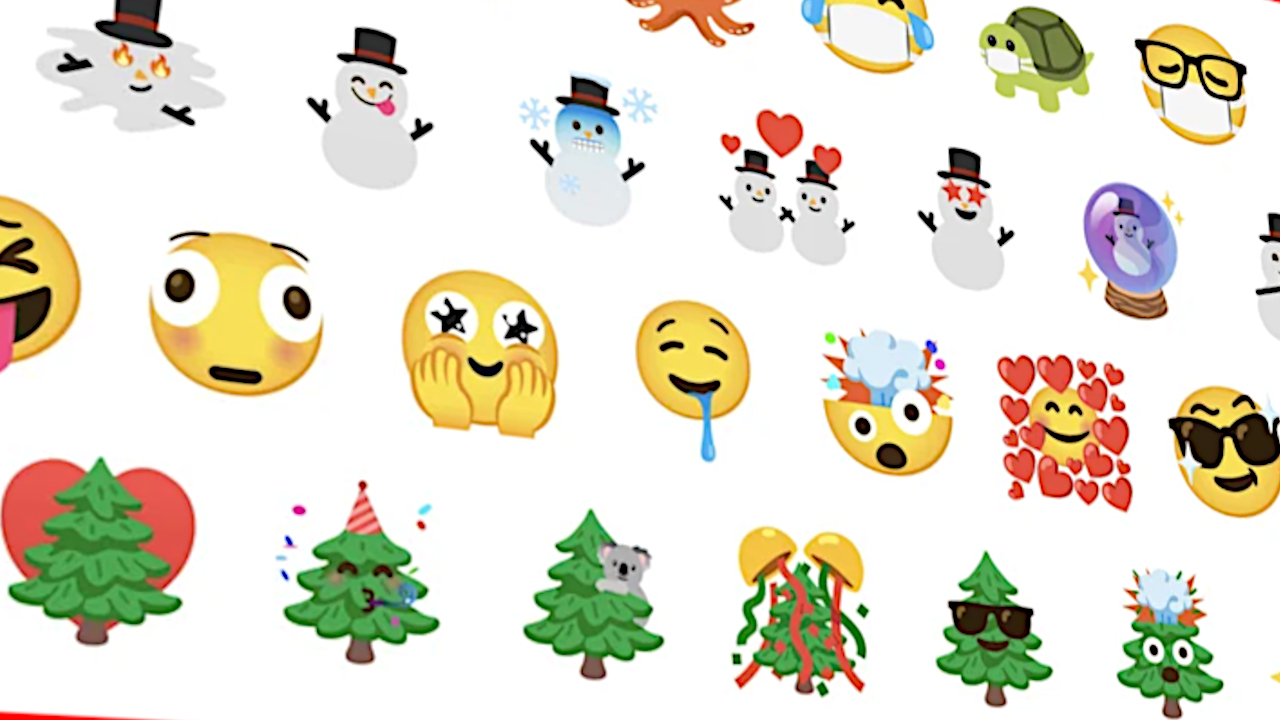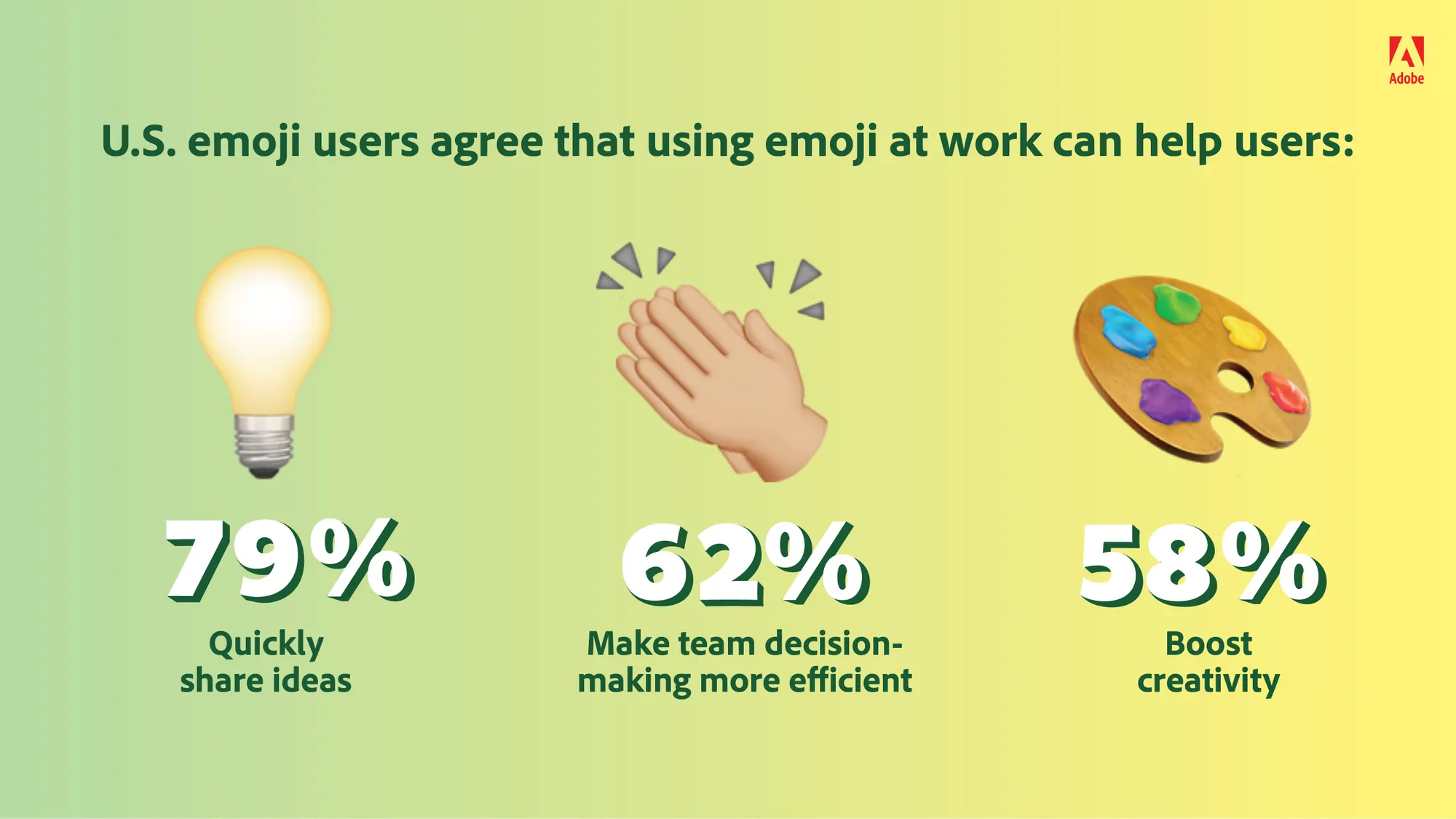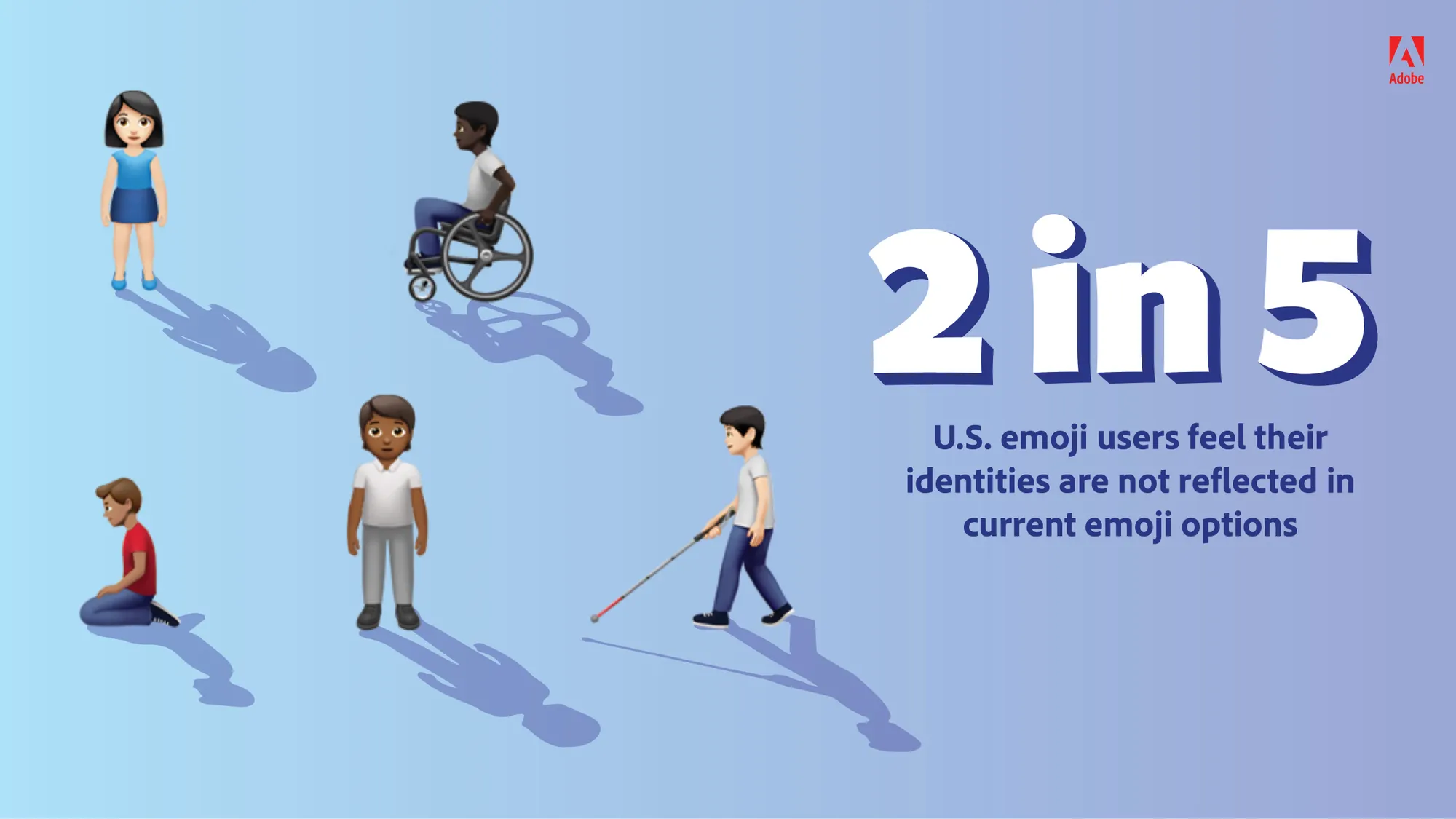Apple's AI-generated emojis in iOS 18 are a pretty big deal for iPhone
Emojis matter. More than you might think.

Apple's annual Worldwide Developers Conference (WWDC 24) takes place next month but we're already catching word of what we can expect when it comes to iOS 18 and the iPhone's adoption of AI.
While companies like Microsoft and Google were quick to implement AI into services, tools, and hardware, Apple has taken a much slower approach to things. Reportedly, Apple is working on its own "Ajax" framework for large language models behind the scenes, but is teaming up with ChatGPT maker OpenAI in the short-term to bring AI features to iOS 18 and iPhone 16.
According to Bloomberg's Mark Gurman, one of the first AI features to make it to iPhone could deliver something Android users have had access to for some time — emoji mashups like those found on Gboard's Emoji Kitchen.
Cooking up something new in the Emoji Kitchen
While iPhone users have access to Google's Emoji Kitchen via the web, the feature is unavailable directly within Gboard. The web version of Emoji Kitchen has the same functionality. However, it requires users to exit a chat and create their custom emoji in-browser before sharing it back to a conversation.
According to Gurman, Apple's AI-generated emojis will be generated on the fly without any external tools, even generating suggestions based on what users are texting at that moment.
New emojis are typically added in iOS/iPadOS updates and are often a fun reveal that gives iPhone or iPad users a new way to inject personality and humor into messages.
This new AI-driven feature could unlock a near-unlimited amount of new Emojis to add further context (and some all-around fun) to almost any message sent on Apple devices. However, more than that, it could have a huge impact on how
Sign up to receive The Snapshot, a free special dispatch from Laptop Mag, in your inbox.

Why Emojis matter
While a seemingly small feature, emojis are actually an enormous part of how we communicate with each other online. Short bursts of text can sometimes be misinterpreted as they lack the verbal delivery or context of the sender, making Emojis vital for ensuring that the recipient gets the tone of your message loud and clear.
Emojis are the unsung hero of our online correspondence, and go some way to overcoming the language barriers we come across online too. They're a way of quickly sharing a feeling, making a point, or supporting ideas we agree with.
This instantly recognizable feedback can help hasten the decision-making process and quickly highlight points of contention, not to mention make an instant connection when it comes to shared reactions.
According to the Unicode Consortium, 92 percent of internet users use some form of emoji in their communications. According to an Adobe report, 91% of users feel that these cartoony glyphs make it easier to express themselves. Not only that, emoji use can impact how others see you too, with 73% of U.S. users thinking that those who are more likely to share emojis seem friendlier, funnier, and cooler.
An Emoji for everyone
Sadly, it's not all good vibes when it comes to emoji statistics. According to the same report, two in five U.S. emoji users feel their identities are not reflected within current emoji options.
That's a staggering amount of users who feel sidelined by the current catalog of options. From race to disability, many users seek representation of themselves through this vital slice of online communication.
That's where something like Google's Emoji Kitchen and Apple's generative emoji can offer a real impact. While the generated emojis might not be a part of an official catalog, they will allow users to build up a more fitting way of representing themselves in how they choose, feeling more able to identify with the on-screen results.
More from Laptop Mag
- Is Apple’s ‘fashionably late’ approach to AI a mistake?
- Are Siri and ChatGPT enough to make Microsoft Copilot crumble?
- The search for the 'iPhone of AI' is over: It's the iPhone

Rael Hornby, potentially influenced by far too many LucasArts titles at an early age, once thought he’d grow up to be a mighty pirate. However, after several interventions with close friends and family members, you’re now much more likely to see his name attached to the bylines of tech articles. While not maintaining a double life as an aspiring writer by day and indie game dev by night, you’ll find him sat in a corner somewhere muttering to himself about microtransactions or hunting down promising indie games on Twitter.

